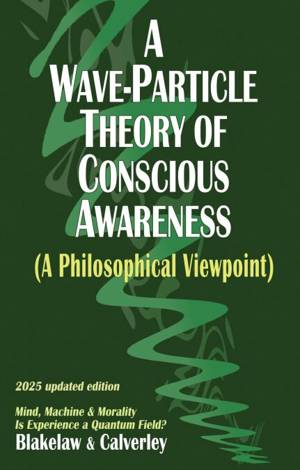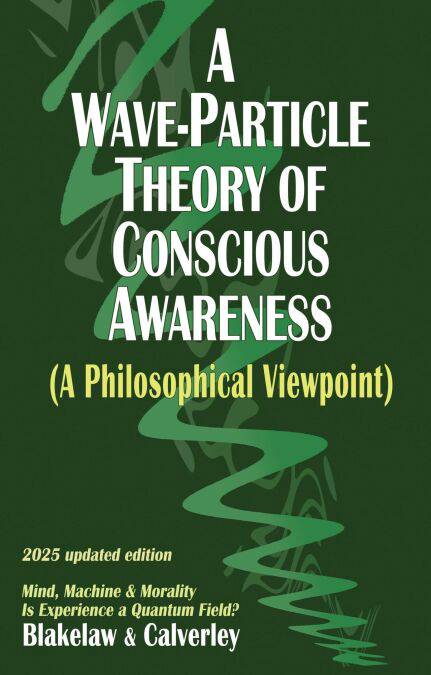
- Afhalen na 1 uur in een winkel met voorraad
- Gratis thuislevering in België vanaf € 30
- Ruim aanbod met 7 miljoen producten
- Afhalen na 1 uur in een winkel met voorraad
- Gratis thuislevering in België vanaf € 30
- Ruim aanbod met 7 miljoen producten
A Wave-Particle Theory of Conscious Awareness (A Philosophical Viewpoint) E-BOOK
Jack Calverley, Carter BlakelawOmschrijving
If we are to explain consciousness (What is it? How does it come about?) at some point our explanation must come to:
...this happens and, as you can now understand, gives rise to full consciousness: from simple sensations upward, ultimately encompassing our broad awareness of the world and underpinning our sense of self.
In this comprehensive text, the answer is provided in the form of eighteen logical arguments that systematically pin down what consciousness must be, and on the way solve the problem of the 'homunculus' (how can there be observations from an apparent point of view while avoiding any reference to an observer who then also needs explaining, and who would require a similar logical analysis, and so on... ad infinitum)
A must-read for any philosopher, physicist, computer scientist or indeed, anyone with curiosity, who has ever wondered about the ultimate nature of this universal phenomenon.
Specificaties
Betrokkenen
- Auteur(s):
- Uitgeverij:
Inhoud
- Taal:
- Engels
Eigenschappen
- Productcode (EAN):
- 9798227151995
- Verschijningsdatum:
- 7/12/2024
- Uitvoering:
- E-book
- Formaat:
- ePub

Alleen bij Standaard Boekhandel
Beoordelingen
We publiceren alleen reviews die voldoen aan de voorwaarden voor reviews. Bekijk onze voorwaarden voor reviews.









